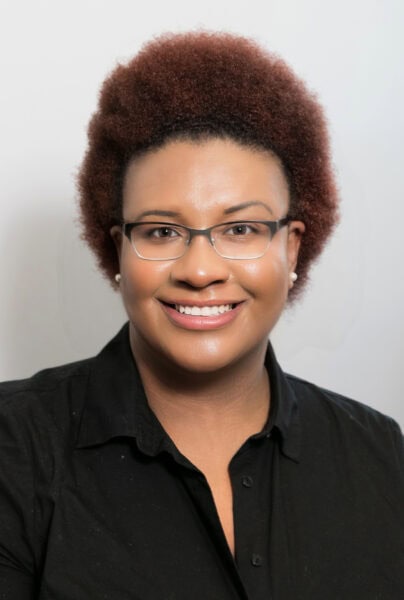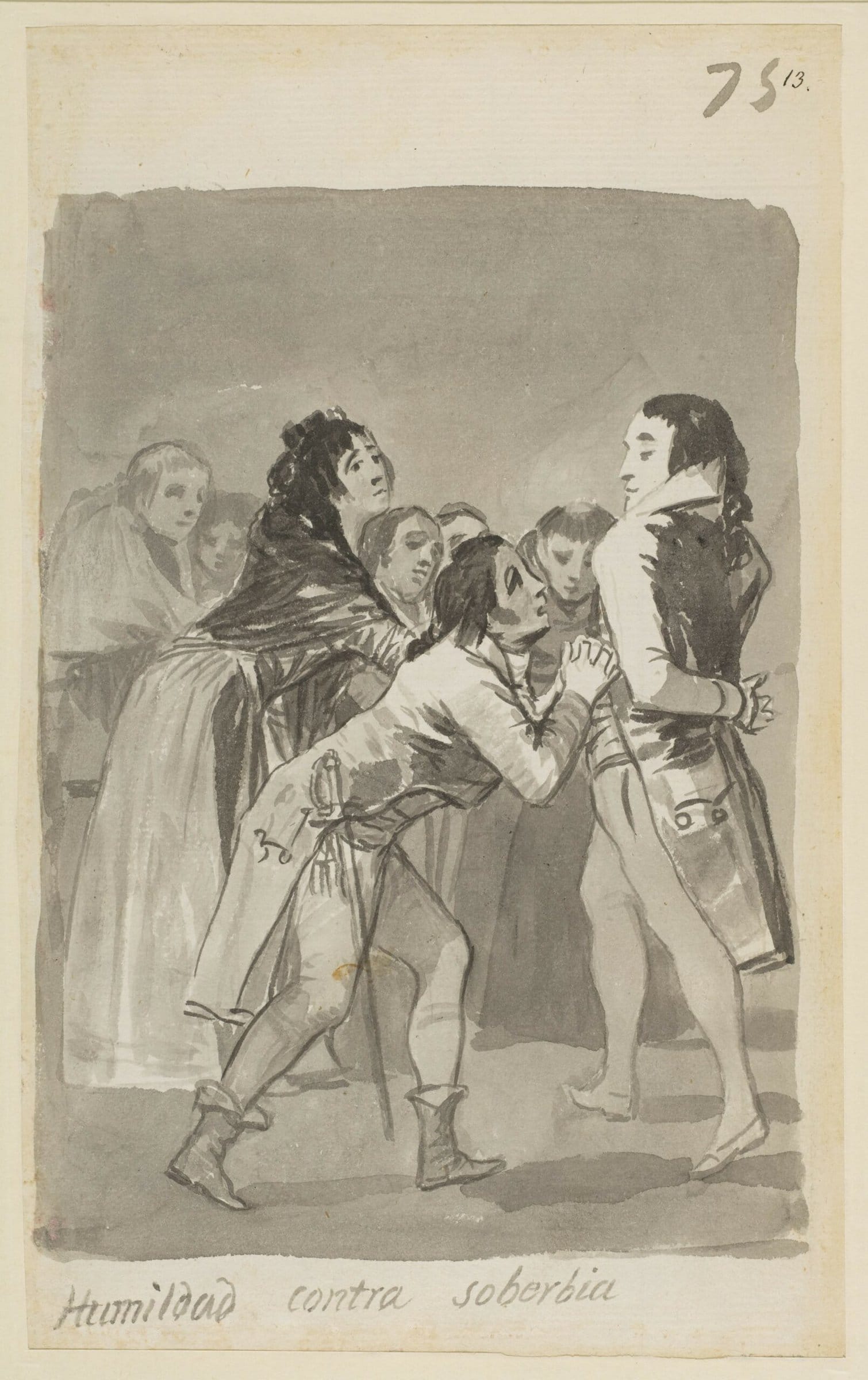Keisha A. Brown is an assistant professor at Tennessee State University. She lives in Nashville, Tennessee, and has been a member since 2014.
Website: https://www.tnstate.edu/history/faculty/kbrown.aspx

Twitter: @DocKBrown85
Alma maters: BA (American studies and Chinese), University of Notre Dame, 2007; PhD, University of Southern California, 2015
Fields of Interest: Chinese, comparative East Asia, Asian studies, postcolonial theory, race and ethnic studies, Sino-Black relations
Describe your career path. What led you to where you are today?
My parents and their love for history was a huge influence on my career. Whether it was watching documentaries with my dad or my mom making a visit to a museum or two during family trips a priority, they not only shared their mutual love for history with me but instilled within me the importance of knowing history, especially one’s own. Based on their lived experience, being born in Atlanta, Georgia, in 1950 and coming of age during the modern Civil Rights and Black Power movements, I learned that history is not just a series of dates and events to memorize. Knowing history can be a source of strength, inspiration, power, and guiding light.
What do you like the most about where you live and work?
It is no secret that our students at Tennessee State University are the most engaging, intellectually curious, and creative. I teach a section of History 1000, comprised mostly of first-year students. To see a student’s maturation between freshman and senior year is a joy and privilege as you get to witness them coming into their own as they prepare to leave TSU to make their mark on the world.
What projects are you currently working on?
Currently, I am finalizing my manuscript project as well as beginning new research into contemporary ideas of race and difference in East Asia, including African communities in China, as well as continuing to think through language and frameworks to continue to engage in this scholarship. A project that I am extremely excited to be a part of is the Black China Caucus, a nonprofit devoted to amplifying the voices of those who identify as Black (diaspora) and engage with China in some capacity in their profession.
Have your interests evolved since graduation? If so, how?
Since completing my doctoral work in 2015, my research interests have changed slightly. While my scholarship is still centered around understanding race and difference in Asia, current research is more focused on contemporary understandings of race and difference more comparatively across East Asia.
What’s the most fascinating thing you’ve ever found at the archives or while doing research?
The discovery of the life and travels of Aubrey Pankey was an archival gem. I first came across documents in the Chinese archives in Shanghai as well as press coverage in Renmin Ribao or The People’s Daily. An African American and contemporary of Paul Robeson, Pankey had been written out of many historical narratives, both in the United States and in other places where he traveled extensively. Researching his life was like assembling a puzzle, pulling pieces from a variety of sources to try, as best as possible, to get a better idea of who he was. In doing so, his life and travels in China provided new perspectives for my dissertation research as well as ongoing scholarship.
Is there an article, book, movie, blog etc. that you could recommend to fellow AHA members?
I love a good podcast! Code Switch by NPR is always a good listen.
What do you value most about the history discipline?
What I value most about history as a discipline is how studying the past really helps me understand the present and provides hope for the future; something we all could use more of in the midst of the current challenges.
Why is membership in the AHA important to you?
Membership in the AHA is important to me because of community. AHA has created a communal space that encourages and fosters scholastic development. But I do think that one area where we can be stronger as a community, beyond academic exchanges and intellectual engagement, is to review how we treat our fellow members. Are we being as supportive as we possibly can? If not, what should we do as a body of scholars to uplift each member in this community?
AHA members are involved in all fields of history, with wide-ranging specializations, interests, and areas of employment. To recognize our talented and eclectic membership, Perspectives Daily features a regular AHA Member Spotlight series.
This work is licensed under a Creative Commons Attribution-NonCommercial-NoDerivatives 4.0 International License. Attribution must provide author name, article title, Perspectives on History, date of publication, and a link to this page. This license applies only to the article, not to text or images used here by permission.



